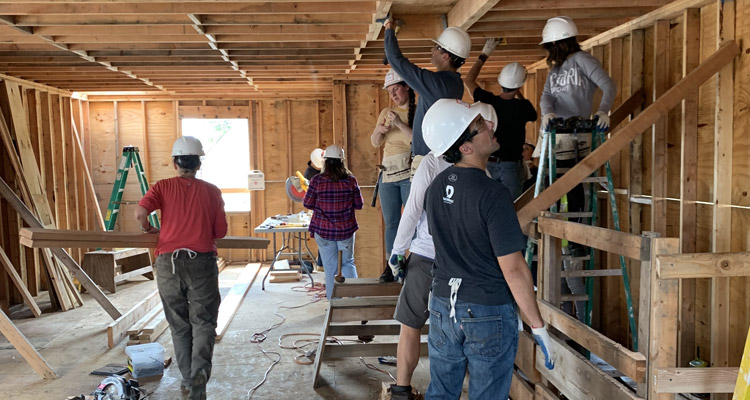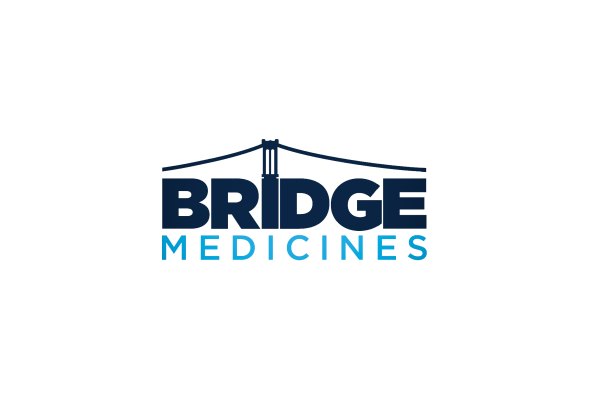In October 2016, Deerfield, along with esteemed partners Memorial Sloan Kettering Cancer Center, The Rockefeller University, Weill Cornell Medicine, Takeda Pharmaceuticals, and Bay City Capital together launched Bridge Medicines, a new company that will advance healthcare by transitioning academic research projects into IND-ready drug candidates.
The model for Bridge is like no other. It builds upon the existing Tri-Institutional Therapeutics Discovery Institute (Tri-I TDI) from the aforementioned academic institutions, which pools early-stage drug discovery projects among the three members and helps facilitate required pre-clinical work to validate those projects. Now, Tri-I TDI projects can graduate to Bridge, which is responsible for their clinical development.
Drug development has evolved from a drug in search of a disease to instead a disease in search of the right targeted therapy, where even pre-clinical studies can have implications for ultimate commercial viability and success. Accordingly, a challenge for Tri-I TDI has been how to take their potential drug candidates and put them through the full range of IND-enabling and proof-of-concept studies. Complexities include the determination of what studies are necessary, which can vary according to molecule and therapeutic area(s), financially supporting those studies, and creating the right infrastructure around that when appropriate.
Deerfield, through its deep bench of investment professionals and Institute experts, has the ability to address Tri-I TDI’s concerns and to determine the correct studies necessary, as well as the desire and incentive to help manage that development process over a longer timeline to see Bridge projects through to successful outcomes. Often this kind of expertise is either completely absent for nascent projects, or comes in the form of a one-time competitive assessment that can quickly become stale in a rapidly changing field of medicine. In 2017, we hope to see four candidates graduate from Tri-I TDI to Bridge, and for that number to grow in future years.
There is no “typical term sheet” at Deerfield, and this is embodied by Bridge. Importantly, all partners have equity ownership of Bridge, and also have shared economic interests in future spin-out companies, royalty payments, or fully-licensed programs – and not simply a licensing fee from academic institution to industry player as is often the case. Often venture deals, particularly those which are very early stage, are simply cherry-picked for those which most easily lend themselves to traditional financing models and paradigms, which can leave non-traditional but highly innovative programs and ideas without sufficient support.
Another important aspect of Bridge for Deerfield is its significance to the New York life science ecosystem. New York boasts a concentration of government funded researchers, Nobel prize winners, and Howard Hughes Medical Institute investigators in the New York area, and yet lacks the corresponding evidence of new company creation that could be expected. While we have been cognizant for some time that early stage research has a frustratingly difficult time getting adequately funded and supported, a more recent mandate for some of Deerfield’s funds to support venture investing brought the timeline for Deerfield to bring a partnership like Bridge to life into sharper relief. Our work with Bridge also dovetails with Deerfield’s efforts to support entrepreneurship. As a partner in NYC Mayor Bill de Blasio’s recent announcement of the LifeSci NYC initiative, a 10 year commitment to supporting and growing biotech in NYC, Deerfield will support paid internships and life science training curricula. We additionally intend to seek to bring to the area biopharmaceutical leadership, enable the build out of wet labs and incubation space, among other essential components to the success of life science in the city.











